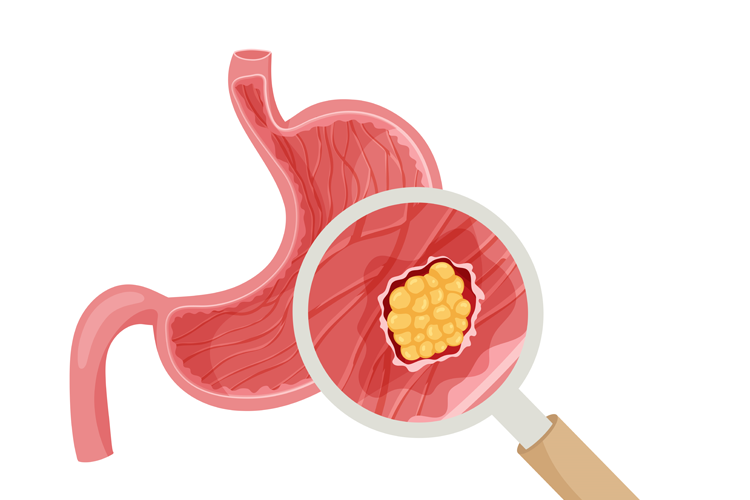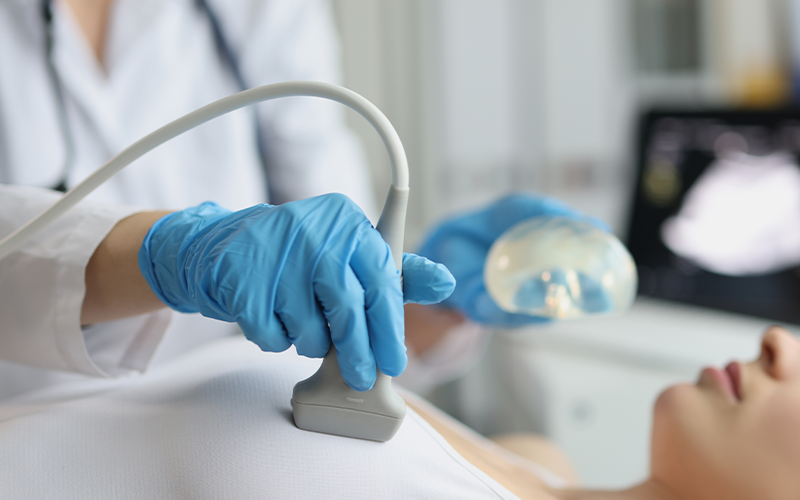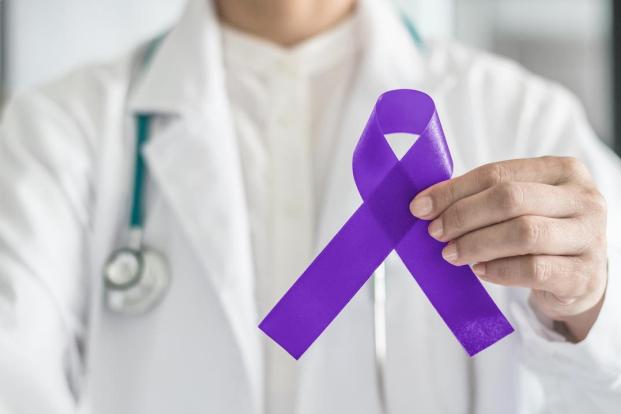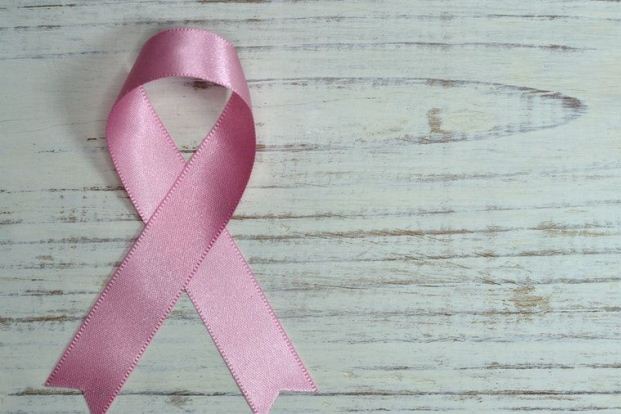Cervical Cancer - Prevention is the key!
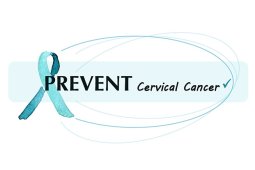
Apr 19, 2022
Are there ways to prevent cervical cancer or find it early?
- The Pap test is one of the most reliable and effective screening tests available. Getting a Pap test regularly is important because it can find precancerous changes on the cervix that can be simply and effectively treated to prevent cervical cancer.
- The HPV test looks for HPV – the virus that can cause cell changes on the cervix. For women aged 30 years and older, the HPV test can be used along with the Pap test (called co-testing) to screen for cervical cancer.
- HPV vaccines are available to protect females against the types of HPV that cause most cervical cancers, vaginal and vulvar cancers. Both vaccines are recommended for females of 13 and above, who did not get any or all of the shots when they were younger.

What is the best possible protection against cervical cancer?
Screen Regularly
It is recommended that you start screening within 3 years once you are married or sexually active – whatever comes first – regularly every 2-3 years until a woman has 3 or more exams.
Vaccinate
Vaccination can protect against cancer causing HPV types offering the best protection.
When is the right time for my daughter to get vaccinated?
If your daughter is at least 13 years of age then you should talk to her doctor about protecting her from cervical cancer.
I’m married should I still get vaccinated?
Even if you are married or sexually active you can be at risk and can benefit from vaccination. Help protect yourself in the future through vaccination and regular screening.
How is the vaccination given?
You can avail the vaccination at affordable rates. It consists of 3 injections given over 6 month period by a doctor. It is important that you complete the full course of vaccination, including all 3 doses, in order for the vaccine to be highly effective. You should also continue with regular screening even after vaccination.
What if I am detected with Cervical cancer?
If you are detected with cervical cancer post your clinical screenings, be calm and composed. Talk to our cancer specialist immediately. According to your stage and development of the cancer the doctors shall advice you with treatment plans.


